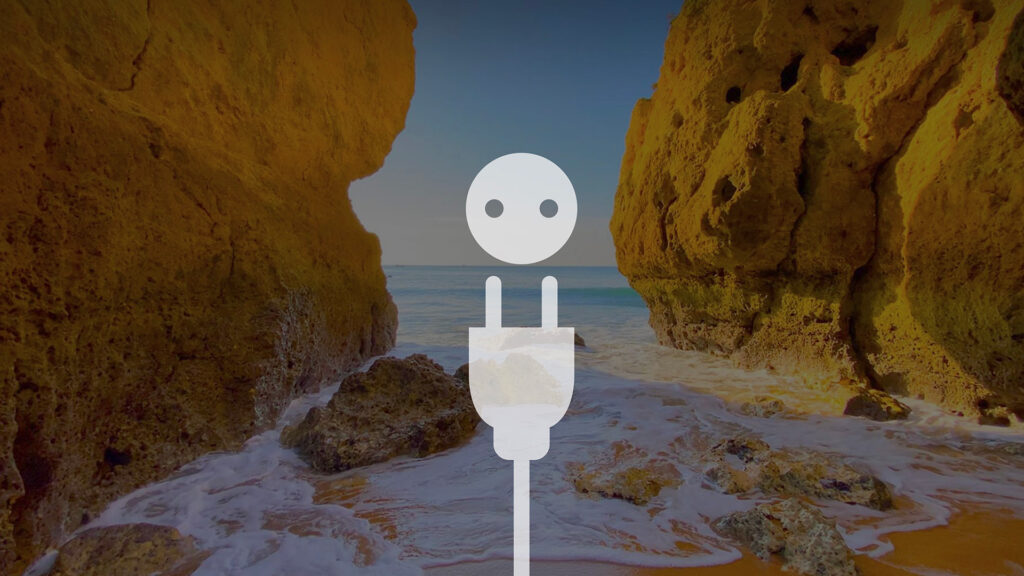Quick fixes mean you are under the influence

If you go for a band-aid and skip strategies (for long-term change of unwanted reactions) — you are under the influence of emotion. Its causes, obsolete beliefs, and bad habits impact your judgment.
Two habits
If you ignore the influence and follow a suboptimal choice — you invest in two habits:
- Repeating the unwanted emotion
- Disempowering yourself.
Mind’s resistance — diminishing returns of quick fixes
The effect of any quick fix wanes with time. We need higher dosages, stronger pills. Of entertainment, distractions, or suppression. The mind will render any external influence futile. The causes of unwanted reactions are getting stronger with each repetition, why would they give up?
Validation of negative reactions and quick fixes
People from your support network may “support you” by validating your destructive reactions, blaming the world, others, etc. They will promote their means of coping, along with an outlook that keeps the causes of unwanted reactions.
Addictions and damage to health
It is not just about substances or diet. Any rewarding activity can generate dopamine. We get addicted to things that provide relief and start overindulging.
Examples of quick fixes:
- divert attention to a rewarding activity
- external distraction + biochemical suppression, e.g. physical exercise, yoga, a walk, extreme
- chemical suppression: substances, alcohol, smoking
- simply “talking to someone about it”
- release emotions, e.g. “punch a pillow”, shout
- relaxing meditation, exotic spiritual practices.
Quick fixes as part of a strategy
If your intention is not to escape, but to provide means for the mind to tackle the causes, prevent — quick fixes become part of the solution. They help us stabilize, recharge, isolate triggers — create conditions conducive to practices like reframing.






